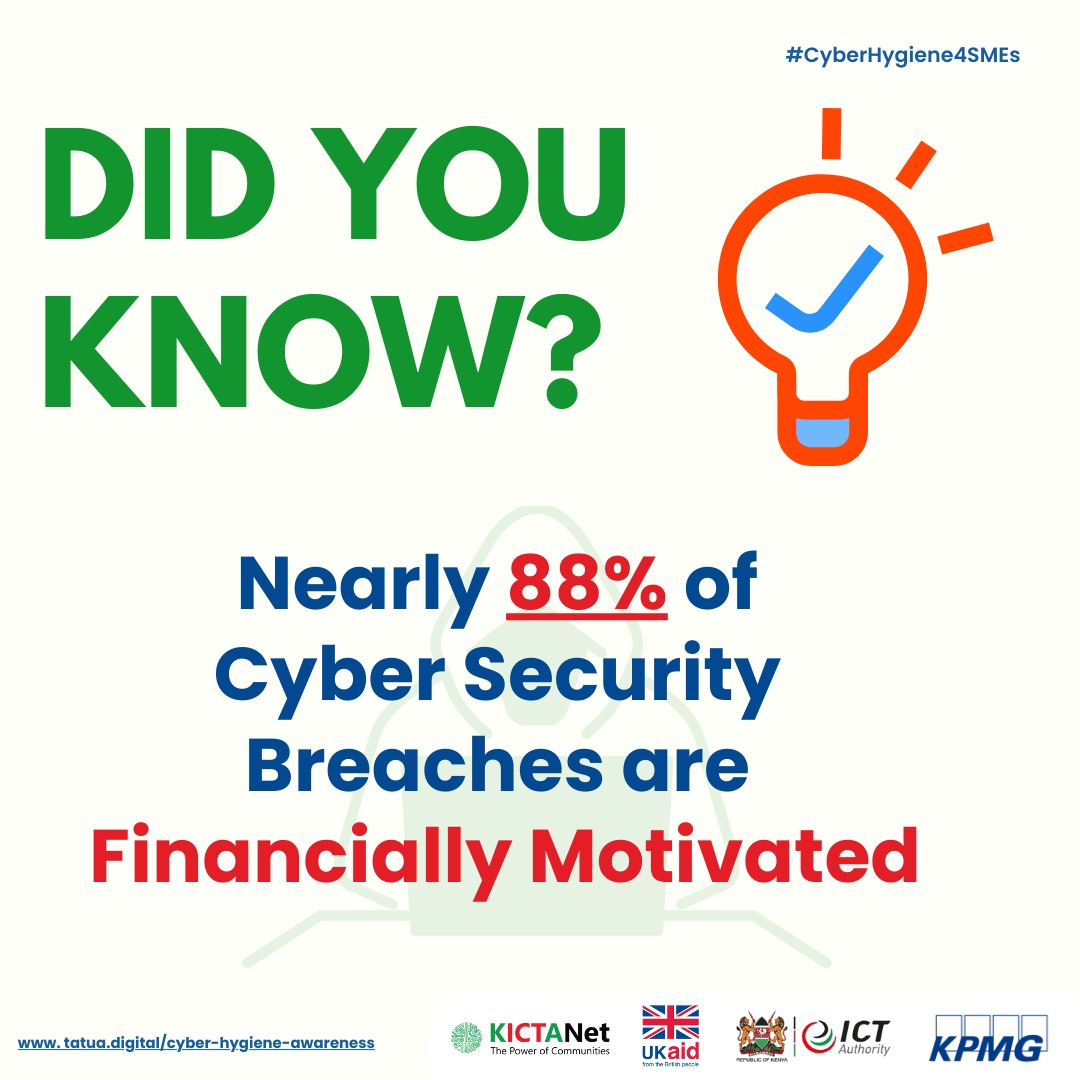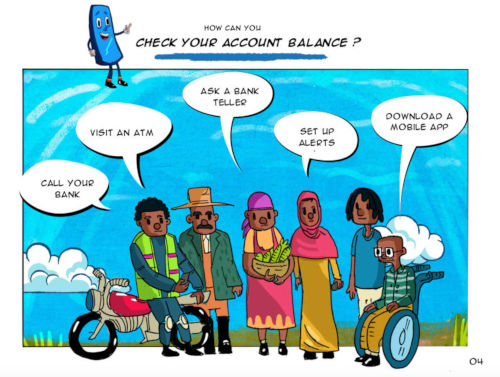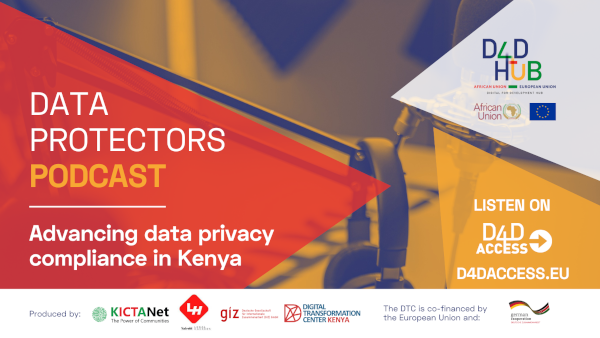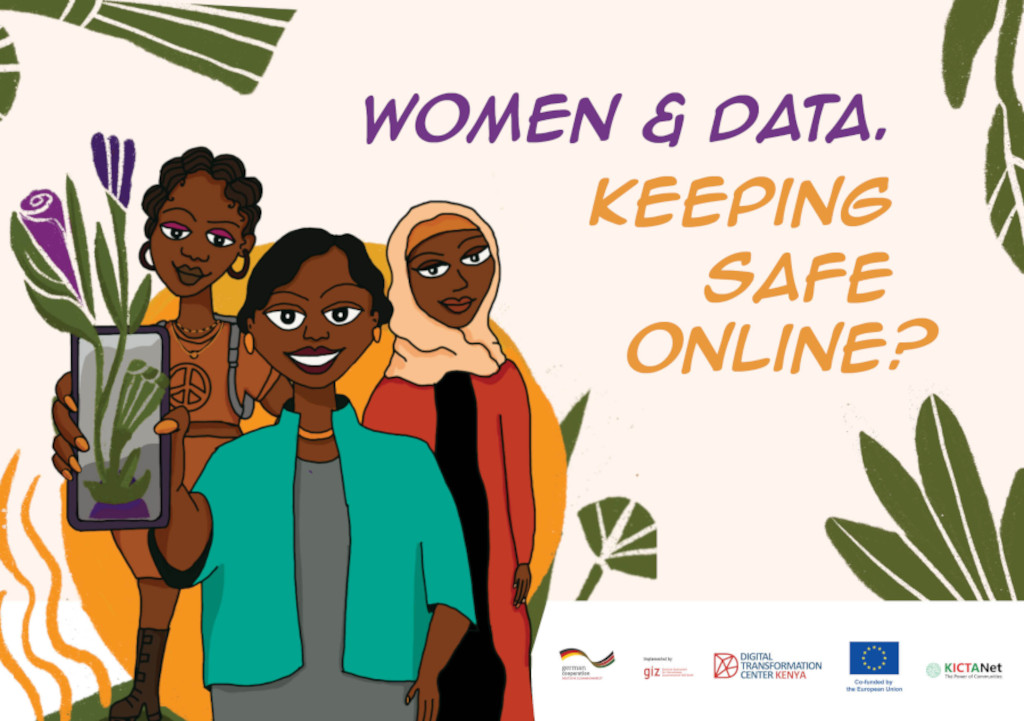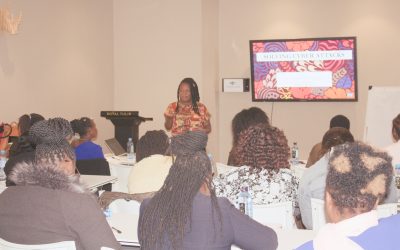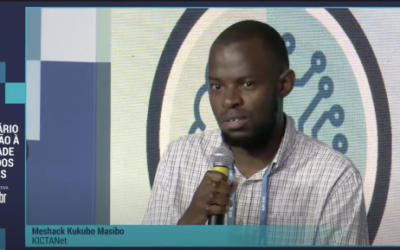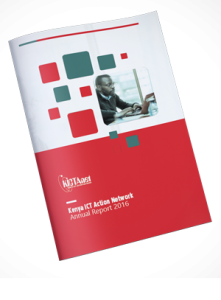KICTANET POST : Latest news, events & opportunities
Should Government Officials Delete Their Social Media Accounts?
By J. Walubengo The outgoing Cabinet Secretary for the Ministry of Interior and Coordination of National Government in Kenya, Dr Fred Matiangi deleted and decommissioned his personal Twitter account, triggering a discussion about whether such a high-ranking public...
Day 1 of the Gender Internet Governance Exchange Workshop (GIGX) For Structurally Silenced Communities
KICTANet, in partnership with APC’s Our Voices Our Future (OVOF) project, is hosting a two-day Gender Internet Governance Exchange (GIGX) Workshop for structurally silenced communities. The workshop aims to bring the voices of silenced minorities into the internet...
Kenyan Women Politicians Trained in Digital Storytelling and Content Creation
The Kenya ICT Action Network (KICTANet) partnered with the Association for Progressive Communications (APC) to deliver the first of a series of Feminist Tech Exchange on Digital Storytelling and Content Creation for Women in Politics. The initiative is part of the...
Unveiling the 5th Module of the Digital Enquirer Kit on Tackling Online Gender Based Violence
For the past nine months, KICTANet in partnership with GIZ and University of West Indies(UWI) have been developing the fifth e-learning module of the Digital Enquirer Kit(DEK) on Online Gender Based Violence(OGBV). The journey towards the final English module has been...
IEBC Technologies – What Next?
By John Walubengo After getting a clean bill of health from the Supreme court regarding their technology infrastructure, IEBC must be enjoying their rare badge of approval. A week later, the new President also commended them and promised to ensure they have enough...
Safeguarding Personal Data During Kenya’s 2022 General Election
By Meshack Masibo One unique thing about the 2022 elections was that it was the first election conducted after the adoption of the Data Protection Act, 2019. The Act, together with its regulations, has revolutionized how different bodies collect and process personal...
KICTANet Conducts Digital Security Training for Women in Politics
On 2nd September 2022, KICTANet conducted a digital security training for active women in politics. The training is part of the DW Akademie women@web regional project with partners across 4 East African Countries. Thirty-one women, who had vied for various political...
2022 Kenya Presidential Petition – The Tech Issues and Their Rulings
This is a series of blogs about the 2022 Kenya Election. KICTANet has deployed 87 election tech observers covering 21 counties in Kenya.
![]()
KICTANet participates in the 13th Seminar on Privacy and Data Protection
On the 17-18 August 2022, KICTANet participated in the 13th Seminar on Privacy and Data Protection organised by Data Privacy Brazil in São Paulo, Brazil. The participants in the in-person edition included national and international experts, such as government...
KICTANet is a multi-stakeholder Think Tank for ICT policy and regulation. The Think Tank is a catalyst for reform in the Information and Communication Technology sector. Its work is guided by four pillars of Policy Advocacy, Capacity Building, Research, and Stakeholder Engagement.
KICTANet’s mission is to promote an enabling environment in the ICT sector that is robust, open, accessible, and rights-based through multistakeholder approaches.
During the 2022 – 2024 strategic period, KICTANet has prioritised the promotion of effective multistakeholder participation; an enabling legal, policy and regulatory environment; building capacities and empowered communities; and institutional strengthening. KICTANet’s guiding philosophy encourages synergies in ICT policy-related activities and initiatives. As such, the network provides mechanisms and a framework for continuing cooperation, engagement and collaboration in ICT matters among industry, technical community, academia, media, development partners, civil society and government.
_____
Strategic Priority.
- Convening power. To strengthen and promote engagement, collaboration and relationships with relevant stakeholders (state, business and non-state actors).
- Promoting an enabling environment. To catalyse policy, legislative and regulatory reforms in the ICT sector.
- Building capacities and empowered communities. To build the capacity of the stakeholders across government, business society and civil society and the citizens.
- Institutional strengthening.
The report outlines the work undertaken in between 2007 and 2016 which is underpinned by crowd sourcing and community engagement
Click here to download the report
FACTS AND FIGURES
Achievement of the Network over the Years
Publications
Thought Leadership Forums
Persons trained
Policy Interventions
Conversations in KICTANET listserv
Active listers contributing often
Different conversation threads
Impressions on ICT policy discussions
Our Pillars
KICTANet’s organisational strategy:
Policy Advocacy
Capacity building
Research
Stakeholder engagement
We facilitate stakeholder engagement through collaborative initiatives in face-to-face Town Hall meetings, and in the KICTANet?s interactive mailing list where multiple stakeholders engage regularly on ICT policy issues.


